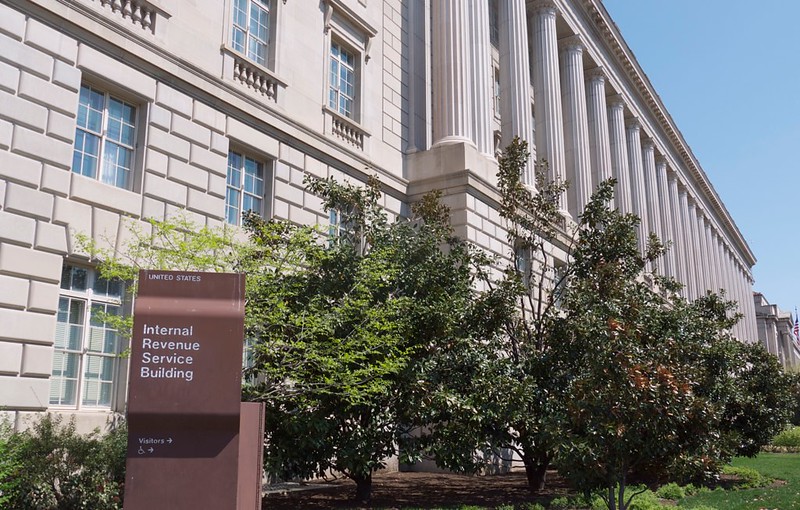Qualified 501(c)(3) Bonds
The term used in Section 145 of the code to refer to a type of tax-exempt bonds issued as private activity bonds for the benefit of a 501(c)(3) organization.
An organization that is exempt from federal income taxation under Section 501(a) of the Code.
Learn more about how various aspects of tax law intersect with municipal securities.
The term used in Section 145 of the code to refer to a type of tax-exempt bonds issued as private activity bonds for the benefit of a 501(c)(3) organization.

NABL led coalition letter in response to an SEC proposal to harmonize the definition of “Asset-Backed Securities” under Regulation AB with that of the Exchange Act.

Individual Webinar Purchase and watch the individual webinar at your convenience. Please allow up to 30 days for processing CLE credits. $99 for members | $299 for non-members Workshop 2025…

Comments to the IRS requesting written guidance on the application of the private business use rules related to modern technologies.

In July 2025, Congress passed a large tax package to address the expirations of the Tax Cuts and Jobs Act (TCJA). Here’s what municipal market participants should know.

Letter sent by the Public Finance Network (PFN), including NABL, to members of the 119th Congress in support of the tax exemption on municipal bonds.

Two recent IRS releases offering relief and promoting financial stability in uncertain economic times address regulatory exceptions for bond guarantees and the treatment of Demand Deposit State and Local Government…

Federal agency that oversees and regulates the securities industry and aims “to protect investors, maintain fair, orderly and efficient markets and facilitate capital formation.”